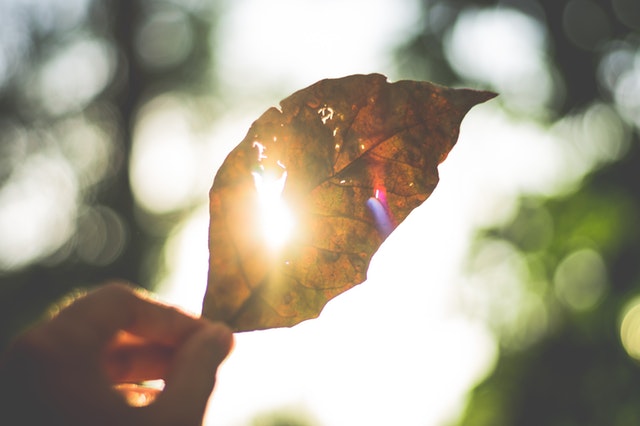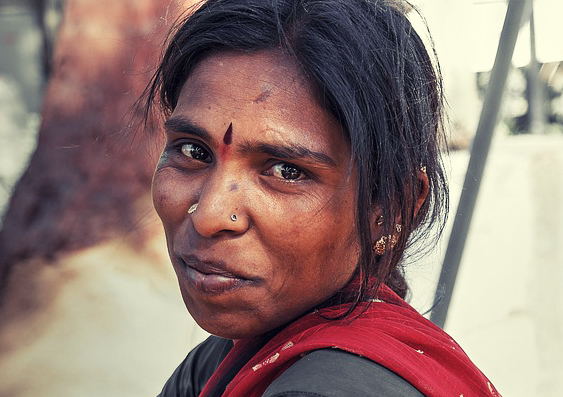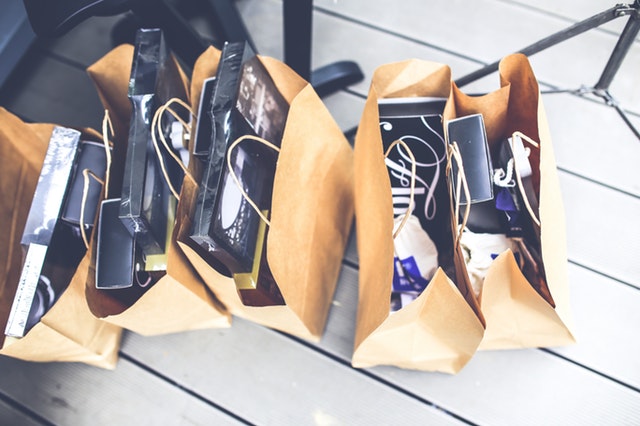ECO PRINTING
If you are a little bit familiar with shirt printing, you may now that not all printing techniques are as environmentally friendly as you would like them to be. Especially the traditional screen print (or silk screen printing as it is also known) requires the use of emulsions and chemicals to prepare the screens for printing, and the printing is then usually performed with chemical-based plastisol inks.
We here at Shirtbox are super proud to be using brand new, state-of-the-art printing innovations, to make screen printing an environmentally friendly process and make this available to the general public. Our screen printing screens are made with a digital screen maker, which uses thermal printing technologies to make the print stencils. This process only takes minutes and is completely chemical free.
All of our inks, digital and screen printing inks, are water-based and 100% environmentally friendly certified.
This makes our prints gentle on the environment and of course gentle on your skin.






